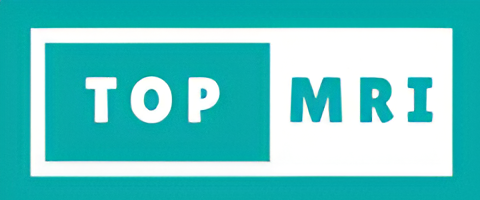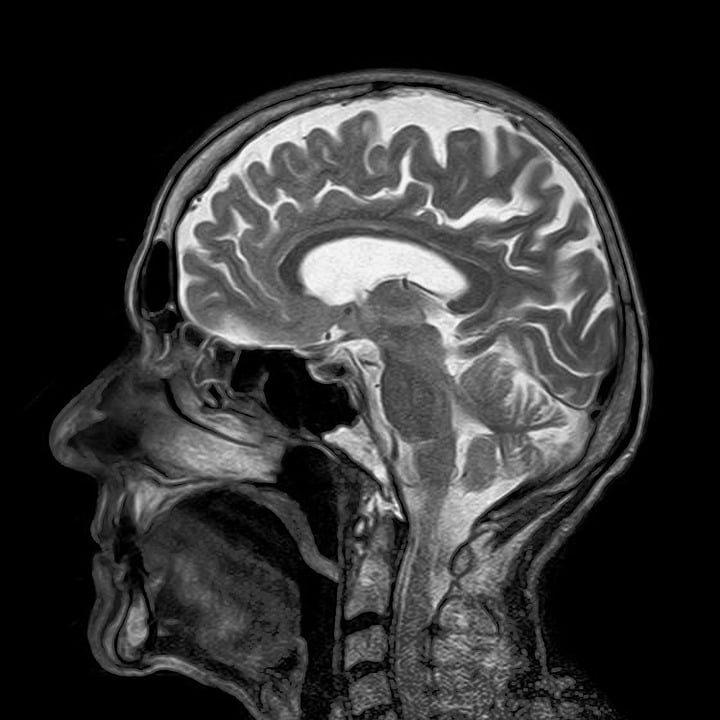
Head MRI
Head MRI
MRI of the brain is done to get a clearer and more detailed image of the brain and other cranial structures. It makes use of a powerful magnetic field, radio waves, and computer, and does not include ionizing radiation. Gadolinium is a contrast material that may be injected before the procedure but it may not cause an allergic reaction as iodinated contrast material.
When is Head MRI performed?
It is performed in several conditions that have long-lasting symptoms. It helps in the diagnosis of various conditions like –
Infections
Brain tumors
Stroke
Hemorrhage
Pituitary gland disorder
Vascular problem
Hydrocephalus
Multiple sclerosis
Eye and inner ear disorder

What are the benefits?
It is a non-invasive method and does not include radiation.
It can detect abnormalities that could be hidden by a bone.
The contrast material used is less likely to cause an allergic reaction.
It can detect strokes at an early stage.
The images generated are clearer and more detailed.
It helps to evaluate the structure of the brain.
Functional information may be provided in some cases.
What are the risks involved?
The use of sedation may be too much.
Implanted devices may malfunction and images may be distorted.
There is a chance of gadolinium remaining in the body.
What are the limitations?
The quality of the images are possible only when you are in a still position.
There are weight limits on the scanners.
A large person may not be able to fit properly.
Body implants may obstruct getting clear images.
The quality of the image may be affected due to an irregular heartbeat.
It may not be able to distinguish between fluid and cancer tissues.
It is quite expensive as compared to other imaging methods.
There is no evidence that a non-contrast MRI harms the fetus of a pregnant woman.
It is not recommended for a patient who is severely ill.
Conclusion
Head MRI is done in various conditions to get a more detailed view of the problem. It has its pros and cons and certain limitations.
Source –
https://www.radiologyinfo.org/en/info/headmr